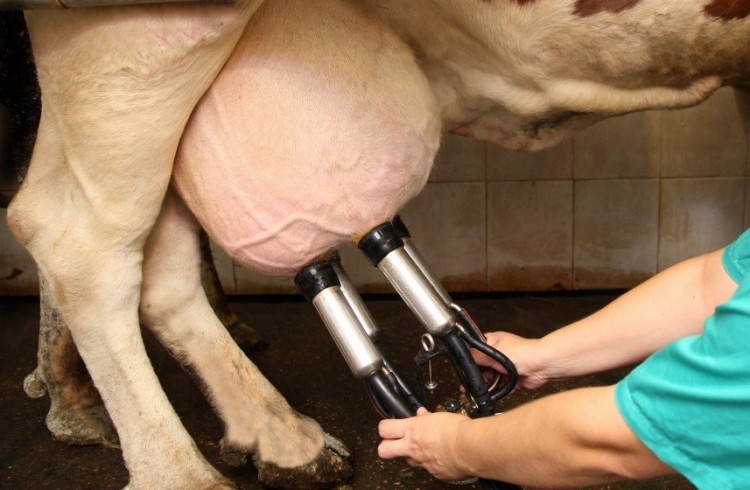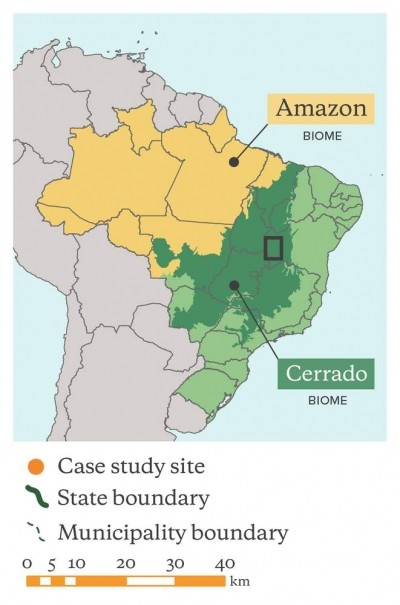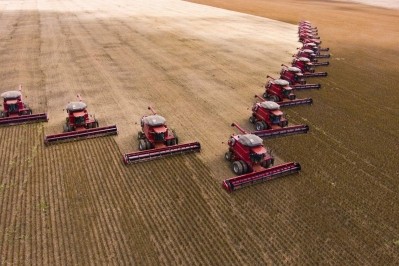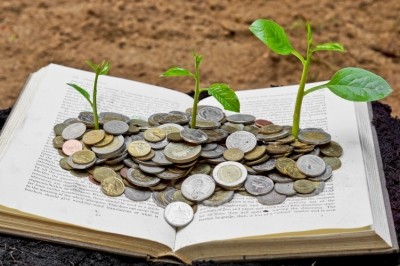Soy sector needs to play catch up with more sustainable palm oil chain, says Arla Foods

Starting this year, the company said it will buy certificates under the Round Table on Responsible Soy (RTRS) program to cover 100% of the soy its farmers use in feedstuff for their dairy cows.
Purchasing RTRS certificates and actively seeking alternatives to soy in cattle feed is a clear signal to the feed industry that Arla Foods want to develop more sustainable soy as well as soy alternatives, said the Denmark headquartered dairy group.
The soy used by Arla farmers, it said, is mainly sourced from Argentina and Brazil.
Key RTRS principles for soy production, which is causing deforestation and biodiversity loss in South America, include legal compliance, no deforestation of native forest, protection of areas for nature or community land, no use of child or forced labor, and safe and regulated use of pesticides.
Only 2 to 3% of the total soy production in 2013 was certified as responsible.
Recouping investment in certification
Kjell Lundén-Pettersson, senior manager, Arla Foods, told FeedNavigator:
“The current cost of purchasing segregated certified sustainable soy is excessive as its availability, in volumes large enough to load full silos, is still a few years off.
In the meantime, the purchase of certificates encourages farmers to make the switch to more responsible soy production as they receive direct monetary benefits for choosing to do so – a real incentive to meet the annual RTRS third party audit requirements.”
Consultancy KPMG, in its May 2013 report, The Roadmap to Sustainable Soy, backs this up.
The study noted that the average payback period for producers’ investment in certification may be as little as three years.
“The best-prepared large producers can recoup their investment within one year while less-prepared medium-sized producers may achieve return on investment in less than five years,” concluded KPMG.
Playing catch up with palm oil supply chain
The soy supply chain needs to play catch up with palm oil production:
"It is about four to five years behind the palm oil sector in terms of sustainability. If you look at what has happened in terms of the volumes now of certified segregated palm oil, you can imagine a potential similar trajectory for segregated soy production.
Approximately 20% of the total volume of palm oil we purchased was certified segregated in 2013 for both Arla branded products and third party production. In 2014, it is our aim that three quarters of that will be certified segregated palm oil,” said Lundén-Pettersson.
A number of steps still need to be taken before there is that kind of availability of certified segregated soy in the supply chain, he added.
“It is also up to the purchasing side – the farmers - to help create a market for certified segregated soy through demanding that it be used in livestock feed supplementation,” said Lundén-Pettersson.
Soy in dairy feed
Depending on the composition and nutritional content of the total ration, soy is added to feedstuff because it provides protein of high quality.
Demand from the animal feed sector has been a key driver behind the rapid expansion of soy production in recent years, from 155 million tons in the 1998/1999 season to an estimated 65 million tons in the 2011/2012 season – a 70% increase in just over 10 years, reports KPMG.
The role of soy in animal feed was reinforced when in 2001 the European Union (EU) banned the use of meat and bone meal in animal feed following the bovine spongiform encephalopathy (BSE) crisis.
The total amount of soy used by Arla farmers in cow feed is estimated at approximately 480,000 tons, which is about 0.2% of the global production, said the dairy group.
Currently, about 70% of soy in dairy feed is certified in Sweden (RTRS & ProTerra), 7% in Denmark (RTRS) and none (RTRS) in Germany and the UK.
Soy alternatives for cow diets
However, said Lundén-Pettersson, instead of relying on feed ingredients from other parts of the world, Arla Foods has been “supporting research” for several years now into how local crops from peas to beans to rapeseed could benefit cow digestion and nutrient intake and become a soy substitute.
The dairy company, again with alternatives to soy as its goal, has also been teaming up with universities and research institutions to evaluate approaches to manufacturing silages for cattle feed, both in terms of its energy output and protein composition, he said.
The aim is to boost feed intake and productivity, while also lowering costs of production, said Lundén-Pettersson.



![PCRs said to make existing life cycle assessments (LCAs) of various speciality feed ingredients comparable. [pic: (c) istock.com]](/var/wrbm_gb_food_pharma/storage/images/_aliases/wrbm_medium/publications/feed/feednavigator.com/article/2015/12/01/calculation-of-ecological-footprint-of-amino-acids-and-phytase-just-got-easier/1289023-2-eng-GB/Calculation-of-ecological-footprint-of-amino-acids-and-phytase-just-got-easier.jpg)











